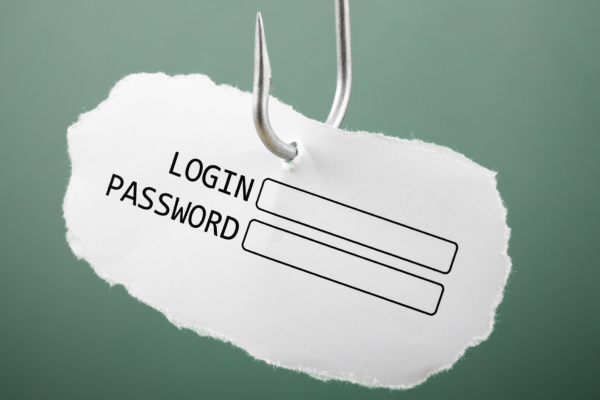Protect yourself from getting hacked

Despite all of the incredible things the internet does for the world, there are still some people who see the convenience and connection as an opportunity to access other people and their assets for their own personal gain.
So, what can you do to protect yourself?
Strong Passwords
Know anyone who uses the same password across all their platforms?
(Not you, right?)
It is incredibly common for an individual to have the same password across all platforms, from their mobile banking account to their streaming services to their email. Unfortunately, if someone is able to find that password, they suddenly have access to EVERYTHING.
It's important that you make your password something that is not easy to guess with just a little bit of information about you (typically gained from your digital footprint, social media accounts, etc.).
For example, try to avoid using the name of your pet, especially if you share about your pet on social media. Your birth year, while not widely known, is not too difficult for someone to find online too. So are things like your favorite TV show, movie, color, or food.
Instead, try to come up with a word or two you know you’ll remember but that isn’t easy to guess based on your profile.
Once you pick an unassuming word or two for your password, try to come up with different ways to incorporate capitalization, numbers, and symbols into it. Try to randomize it a bit and avoid using a specific pattern.
For example:
If our loveable mascot, Penny Pig, was to create a password for herself, she would want to come up with something that she is not easily associated with, as well as something that she can add numbers and letters to in a randomized pattern that she can easily remember.
She could come up with things like:
R0@d!b1k3
H3AdpH0n3z!
Keep it private
Additionally, when you create a password, you should NEVER share it with anybody – even your friends and family. Be wary of who or what entity is asking for your password, as one common way scammers may try to dupe you into sharing your passwords is by spoofing your loved ones.
Look out for phishing scams
Sometimes scammers will take to email and pose as a company or a person you trust, asking you to sign into your account in order to access a promotion or rectify an error. Some even use tactics to scare users by saying their account has been compromised and they need to sign in through that email in order to rectify the issue.
To avoid phishing scams, it is first important to know that any legitimate email from a brand, business, or company will ALWAYS come from an official email address ending with the company’s domain name. For example, a legitimate email from CAFCU will always end with @cafcu.org.
If you receive an email claiming to be a brand, business, or company coming from @gmail.com, @yahoo.com, @hotmail.com, @aol.com or anything similar, it is most likely a scam. Try to avoid opening emails that come from sketchy addresses like [email protected], as this is likely not anybody affiliated with the company.
Anyone can make an account and claim to be somebody else. This happens on a variety of platforms, from Gmail to Instagram to Facebook. Someone can make an account on any platform under any name and use it for any purpose.
A common phishing scam on social media is for someone to create a fake account claiming to be a well-known celebrity in need of your financial information. They often use flattery, saying things like “I know you are one of my biggest fans” and then try to make themselves out to be in some sort of trouble that only you can get them out of. It's common for scammers like this to ask for a wire transfer or your login information for your financial institution.
This brings us back to a point we made earlier: NEVER share your password. Especially in a direct message or email.
Keep your information safe
You can protect your accounts by creating strong passwords and keeping them private and remaining vigilant to watch for phishing scams. There is no perfect way to keep you and your information safe online, but taking small steps like these can help better protect your data.

